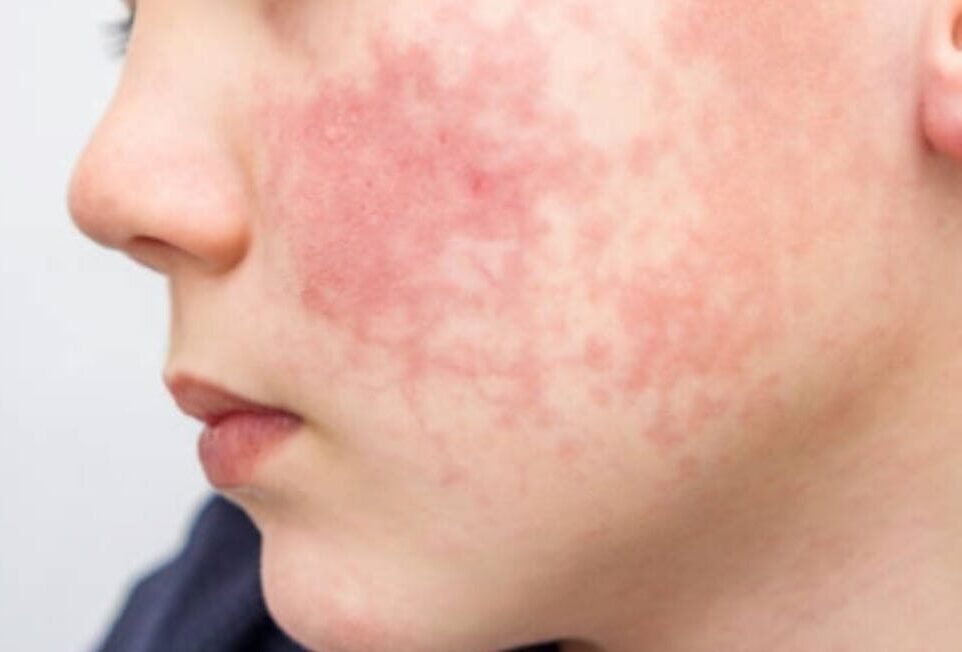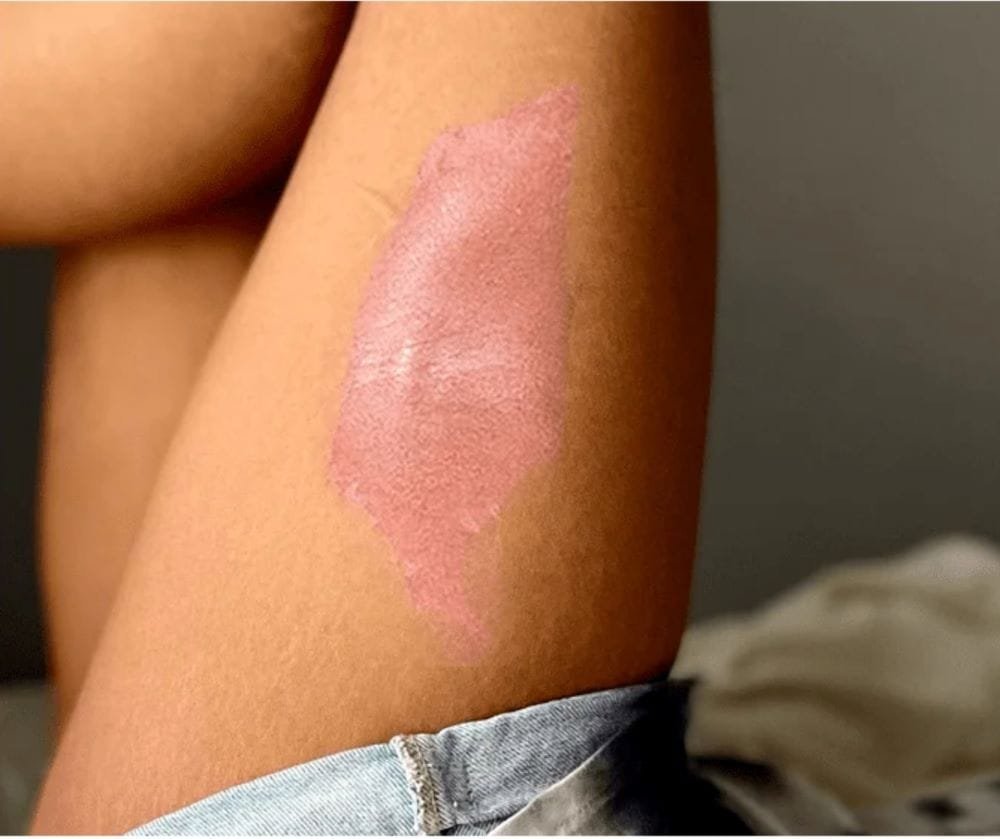
Eczema, or atopic dermatitis, is a common skin condition causing dry, itchy, and inflamed patches. It typically begins in childhood, often within the first six months. While atopic dermatitis is common, it can be severe and long-lasting. It usually improves as a child grows older, though flare-ups may persist into adulthood. The condition weakens the skin’s barrier, making it harder to retain moisture and protect against irritants. Eczema is not contagious but results from genetics, environmental triggers, and conditions like asthma, hay fever, or allergies. Types of eczema include atopic dermatitis, contact dermatitis, dyshidrotic eczema, neurodermatitis, nummular eczema, and seborrheic dermatitis, with some individuals experiencing multiple types.
Minutes session

Treatment for eczema aims to reduce inflammation and ease symptoms. This includes topical treatments to calm inflammation, moisturizers to restore hydration, and antihistamines to manage itching. Additionally, lifestyle modifications to avoid known triggers and irritants are key to controlling flare-ups. Managing stress, using gentle skincare routines, and staying hydrated also help maintain long-term symptom control. Avoiding harsh soaps, extreme temperatures, and allergens can minimize flare-ups. Regular use of prescribed treatments and adjustments to daily habits can improve skin health and comfort over time.
Yes, with proper treatment and lifestyle adjustments, symptoms can be well-controlled.
While there’s no permanent cure, many people experience long periods of remission with effective care.
Absolutely! Daily moisturizing strengthens the skin barrier and reduces flare-ups.
No, it’s not contagious and cannot be spread through contact.
Yes, many children see significant improvement or outgrow it as they age.
Soothing remedies like oatmeal baths and coconut oil can be a helpful addition to medical treatments, providing extra relief and supporting skin healing.
Definitely! Reducing stress can lower the risk of flare-ups.
Yes, non-steroidal treatments like topical calcineurin inhibitors or biologics can be effective alternatives.
Yes, phototherapy is a proven treatment for reducing inflammation and itching.
Yes, an anti-inflammatory diet and avoiding allergens may help reduce symptoms.
Klarity Skin Clinic, M – 69, First Floor,
M Block Market, Greater Kailash II, New Delhi 110048
Copyright © 2025 All Rights Reserved.
Klarity Skin Clinic is Unit of Acara Wellness Private Limited.